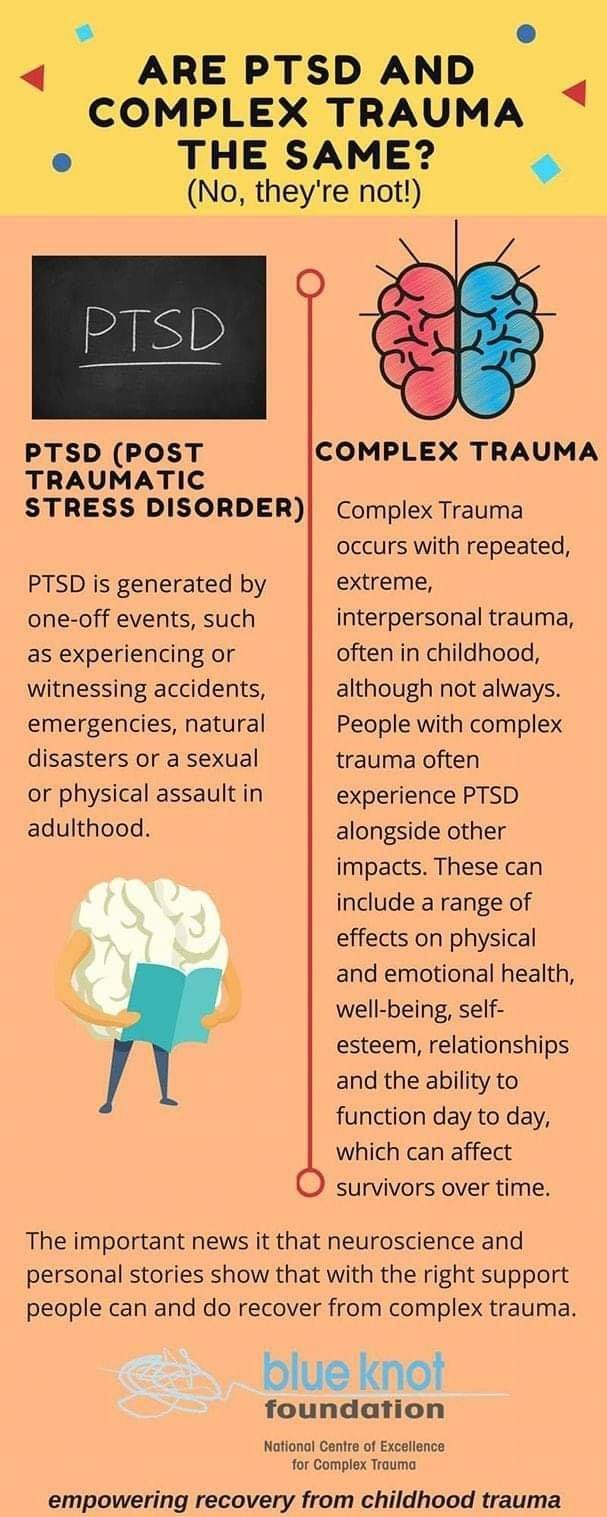Redefining Strength: Empowering Narratives for C-PTSD Survivors
FACT CHECKED ✅
In the journey of healing from Complex Post-Traumatic Stress Disorder (C-PTSD), individuals often grapple with profound feelings of shame and self-blame. This article delves into the roots of these emotions, explores their impact on C-PTSD recovery, and offers strategies for reframing narratives towards self-compassion and healing.
 |
| Individuals with C-PTSD often grapple with profound feelings of shame and self-blame (📷 stocksy) |
Complex Post-Traumatic Stress Disorder (C-PTSD) is characterised not only by the traumatic experiences endured but also by the enduring emotional scars they leave behind. Among these scars are pervasive feelings of shame and self-blame, which can significantly hinder the healing process. Today we will dive into the origins of shame and self-blame in C-PTSD, their detrimental effects on individuals' well-being, and empowering strategies to rewrite the narrative towards self-compassion and healing.
Understanding Shame and Self-Blame
Shame and self-blame often stem from internalised beliefs about one's worthiness and responsibility for traumatic events. Individuals with C-PTSD may struggle with feelings of being inherently flawed or unworthy of love and acceptance. Moreover, they may blame themselves for the trauma they endured, believing they somehow deserved or provoked it. These toxic beliefs perpetuate a cycle of self-criticism and undermine efforts towards healing.
 |
| (📷 vivianbaruch) |
Impact on C-PTSD Recovery
The burden of shame and self-blame weighs heavily on individuals with C-PTSD, impeding their ability to seek help, trust others, and engage in self-care practices. These emotions fuel self-destructive behaviours, such as substance abuse or self-harm, as individuals attempt to numb their pain or punish themselves for perceived inadequacies. Moreover, shame and self-blame erode self-esteem and perpetuate feelings of powerlessness and hopelessness.
Reframing the Narrative
To break free from the grip of shame and self-blame, individuals must embark on a journey of self-compassion and empowerment. This entails challenging distorted beliefs about worthiness and responsibility and recognising that trauma is never the fault of the survivor. By acknowledging the unjustness of their experiences and extending compassion towards themselves, individuals can begin to rewrite their narratives from ones of victimhood to ones of resilience and strength.
Practical Strategies for Self-Compassion
Cultivating self-compassion is an ongoing practice that requires patience, mindfulness, and self-awareness. Individuals can start by practicing self-kindness and forgiveness, treating themselves with the same empathy and understanding they would offer to someone in pain. Additionally, mindfulness techniques, such as meditation and grounding exercises, can help individuals observe their thoughts and emotions without judgment, fostering a sense of inner peace and acceptance.
 |
| Individuals can start by practicing self-compassion (📷 cfs-survivors) |
In the journey of healing from C-PTSD, challenging shame and self-blame is essential for reclaiming agency and rebuilding self-worth. By reframing the narrative towards self-compassion and empowerment, individuals can cultivate resilience, foster healing, and embrace the inherent strength of human beings.
⭐⭐⭐
If you or someone you know is struggling or in crisis, help is available.


